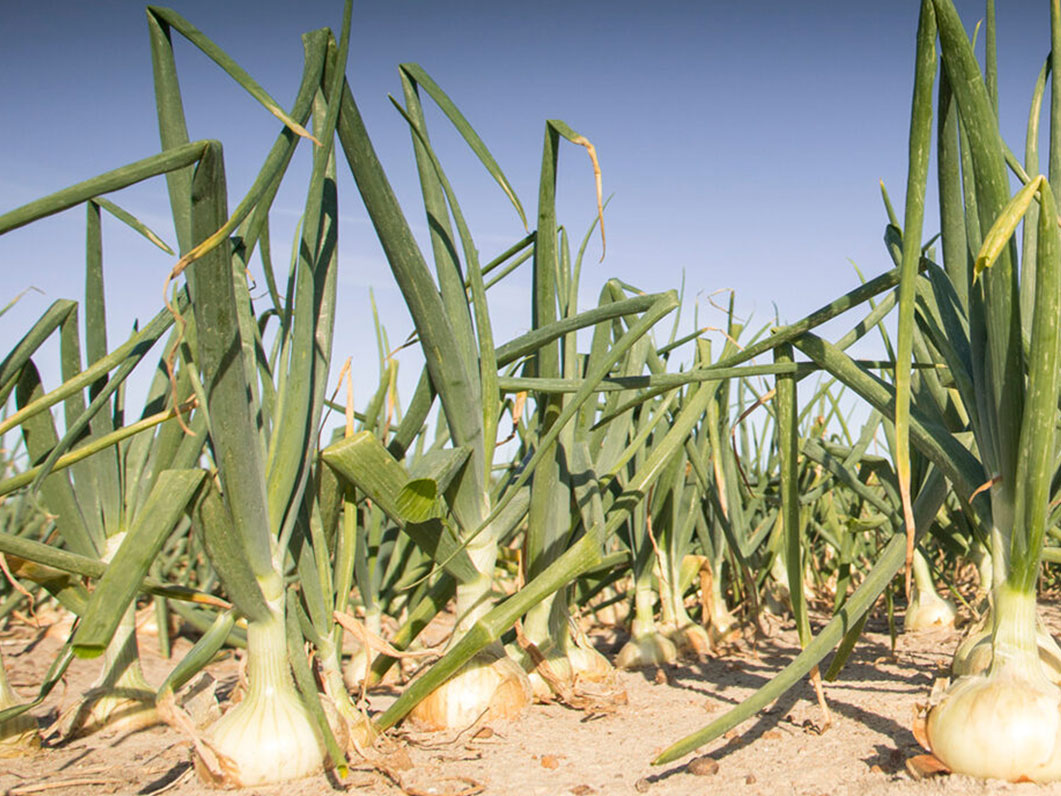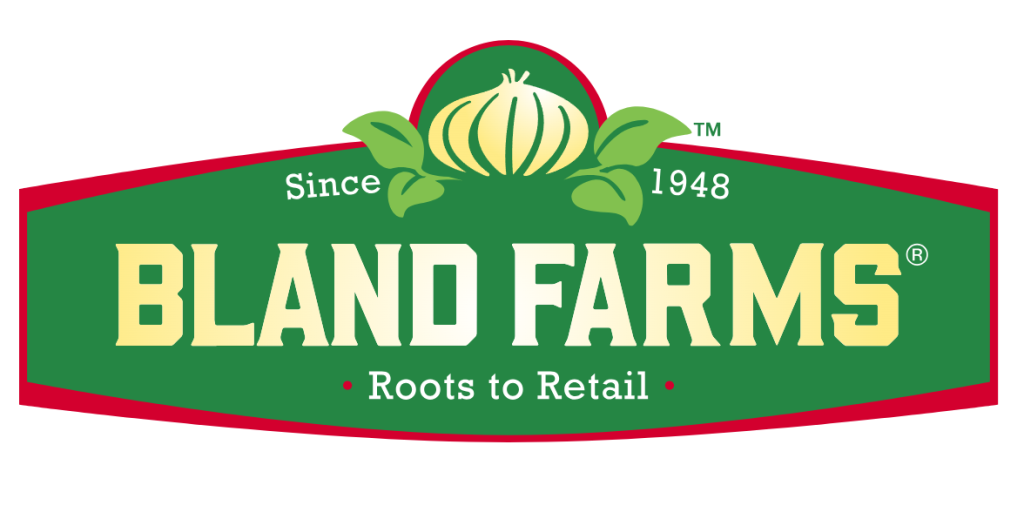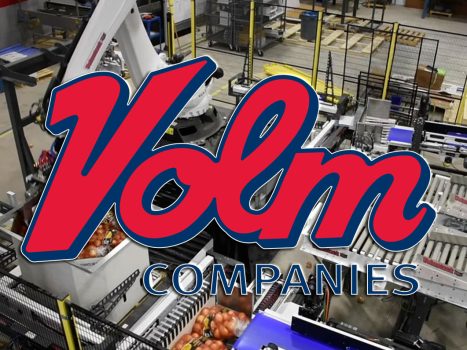In the ever-evolving landscape of food traceability, a humble onion grower/shipper, Bland Farms, is making waves with its groundbreaking initiative and incorporating the ReposiTrak Traceability Network as part of their complex program. While onions may not be the typical poster child for the FDA’s FSMA 204 food traceability regulation, Bland Farms’ decision to embrace transparency and share Key Data Element (KDE) information is ushering in a significant change that resonates throughout the entire food industry. This audacious move underscores the importance of transparency, accountability, and the potential for transformative change, even for products not initially covered by FSMA 204 requirements.
“Our use of the ReposiTrak Traceability Network® at Bland Farms is just one component of our multifaceted traceability program – a program that continues to grow and evolve,” said Sloan Lott, director of sales at Bland Farms. “Traceability will likely require conversations with your retail and wholesale customers and could mean making changes to labels, operational procedures and even to labor models at the supplier and retailer level. This is the time when growers and packers need to prepare, because this type of work takes time.”
Randy Fields, chairman and CEO of ReposiTrak, a leading compliance and supply chain solutions provider, commended Bland Farms for its exceptional dedication to food traceability. “Bland Farms has taken an extraordinary step by providing FSMA 204 food traceability information to its retail customers, even though onions aren’t explicitly listed on the Food Traceability List (FTL),” Fields stated. “Providing traceability information to their retail customers provides a distinctive layer of safety and positions Bland Farms is ahead as it relates to the requirements of their customers and of the FDA.”
So, what makes Bland Farms’ decision so revolutionary, and why should it capture the attention of the entire food industry?
Transparency Takes Center Stage:
Bland Farms’ commitment to sharing crucial traceability information underscores its dedication to transparency. This move sets a powerful example for the entire food industry, emphasizing that accountability is not merely a regulatory requirement but a moral obligation to retail and wholesale customers and the end consumer.
A Catalyst for Industry-Wide Change:
In many instances, transformative change starts with a single act of innovation. Bland Farms’ choice to exceed FDA requirements has the potential to spark a movement within the industry. It encourages other suppliers and food producers to reevaluate their traceability practices and consider adopting a more proactive approach to FSMA 204 compliance.
Preventing Future Outbreaks:
By sharing traceability data, Bland Farms is taking proactive steps to make the future of recalls faster and more efficient. This proactive approach not only protects consumers but also the entire supply chain, reducing the financial and reputational risks associated with recalls and outbreaks.
Setting a Precedent for Regulation:
Bland Farms’ bold initiative could influence future regulations. As more companies voluntarily embrace traceability, regulators may be encouraged to expand their requirements to include additional products. This proactive approach can help shape future food safety standards and regulations.
Data-Driven Decision-Making:
Sharing key data element information enables better decision-making across the supply chain. From identifying potential sources of contamination to optimizing logistics and distribution, access to this data allows stakeholders to make more informed choices that ultimately benefit both the industry and consumers.
David Stukus, a partner at ReposiTrak, highlighted the increased demands on retailers due to FSMA 204. “Retailers are now required by the FDA to receive more traceability information than ever before for their hundreds (and sometimes thousands) of suppliers,” Stukus explained. “Retailers simply do not have the labor hours – or the space – in their distribution centers and stores to separate deliveries containing Food Traceability List (FTL) foods. Particularly in the produce category, other retailers have indicated that they may require FSMA 204-level traceability for all foods, not just those included on the FTL.”
Bland Farms’ proactive stance on food traceability demonstrates the potential for transparency, accountability, and transformative change within the food industry. By taking steps to enhance traceability through the ReposiTrak Traceability Network®, Bland Farms is setting an inspiring example for others to follow, leading the way toward a safer and more transparent food supply chain. Their forward-thinking approach places them ahead of other onion suppliers in terms of FSMA 204 compliance, making them a more attractive choice for retailers, wholesalers, processors, and restaurants. As consumers increasingly prioritize food safety and transparency, initiatives like these will continue to shape the future of the food industry, making it safer and more reliable for all.
To embark on your own food traceability journey, contact ReposiTrak today and join the movement toward a safer and more transparent food supply chain.
To learn more about Bland Farms visit their website at: Bland Farms – Grower, packer, and shipper of sweet onions




